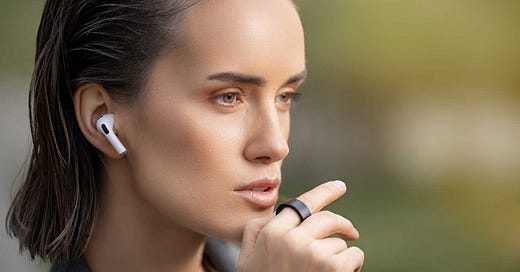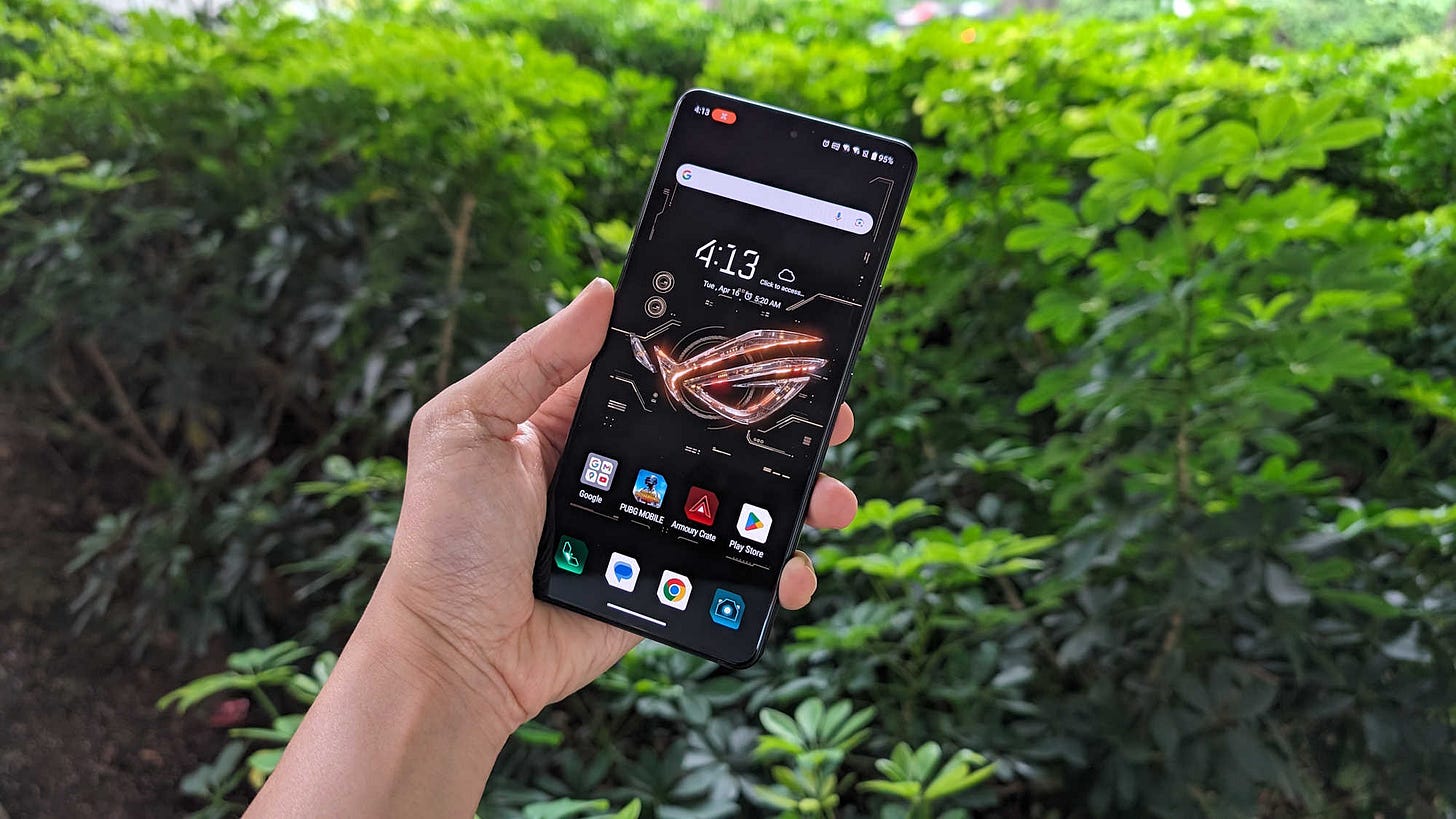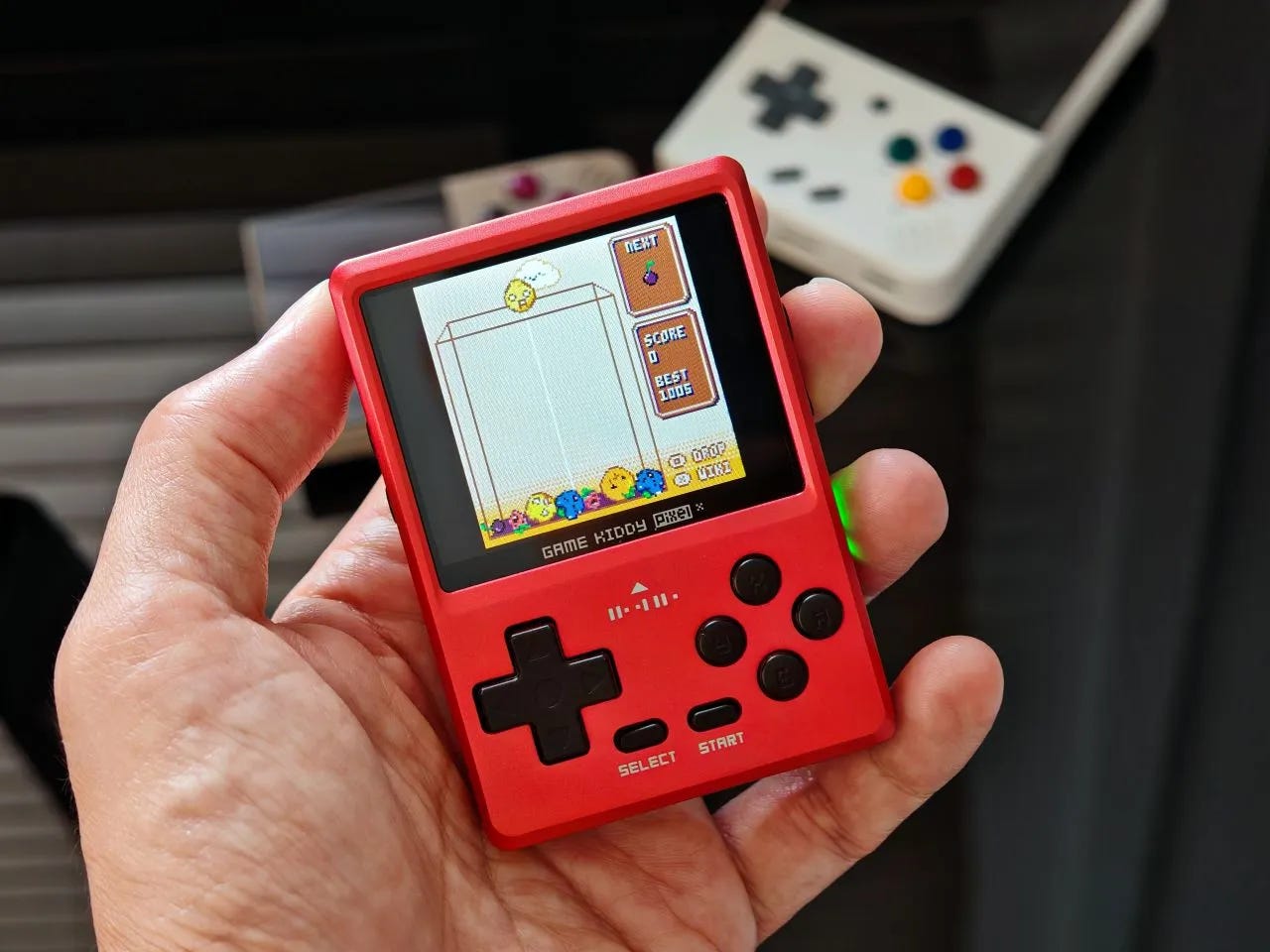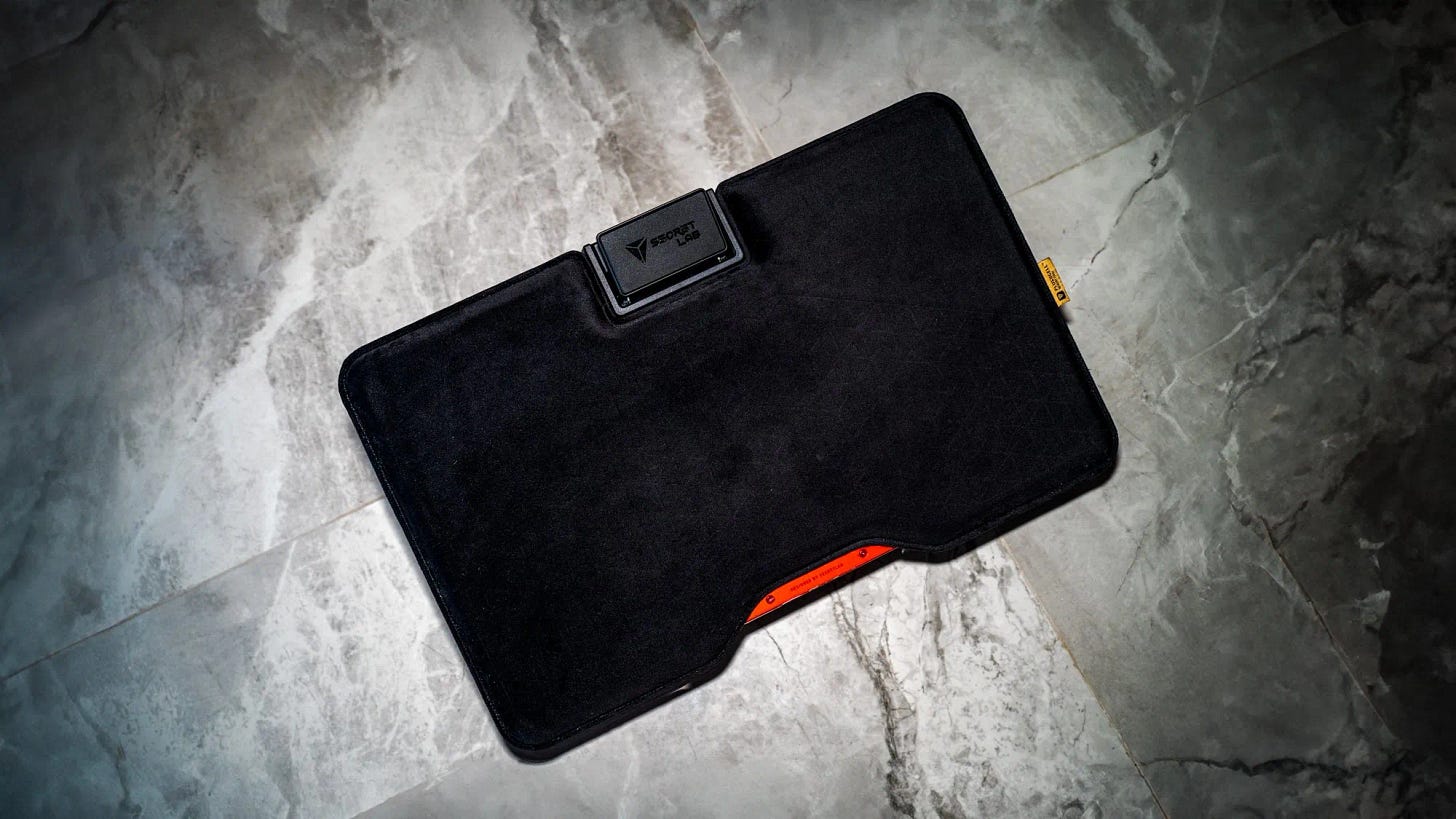AI-powered wearable devices are the latest trend in the consumer tech industry. These devices, which can be in the form of a pin, a ring, or even a pair of glasses, are touted to replace your smartphone by performing the same essential tasks as your phone.
In fact, one of the benefits touted by the folks building these devices is curbing smartphone addiction. You can get directions to your next appointment, send emails and messages, and even take a photo, all with just voice commands. No need to fiddle with a phone, which may lead to you checking your notifications, social media feeds, and doomscrolling away your day.
Of course, we have seen such wearable devices before. Remember Google Glass? Voice assistants have also been around for a while. The difference is that we now have generative AI chatbots that are more adept at understanding your intent. However, the Humane AI Pin, one of the first wearable AI devices to hit the market, has gotten off to a rocky start. Early reviews have been scathing, with complaints ranging from battery life to poor performance to heat issues.
But Humane is just one of many aspirants in this field. We talked about the Rabbit R1 before, and just earlier this week, we received word of Wizpr, an AI-powered ring on Kickstarter. You’ll probably hear more of such devices in the coming months, not to mention wearables like the Samsung Galaxy Ring. While the Galaxy Ring (and other similar rings) focus more on health and fitness tracking, and require a phone to work, one can imagine it won’t be that difficult to add AI features to them. Perhaps some of these firms will get it right.
This week in reviews, we looked at how Asus’ gaming phone series is evolving into a mainstream flagship device, tested a portable handheld console for retro games, and rested our foot on a Secretlab footrest.
The latest Asus ROG Phone 8 Pro upgrades non-gaming features such as the camera, making it a flagship device first, and a gaming phone second. The slimmer design, hole-punch selfie camera, and IP68 rating are also reasons for mainstream users to consider it. Performance remains top-notch, though battery life has taken a hit.
If you like playing retro games, consider the GKD Pixel, a micro handheld console that easily fits in your palm and pocket. With a full metal body, it feels more premium and durable than other retro handhelds in its S$100 price range. You can also use it with just one hand. It can emulate PlayStation and older systems, using ROMs stored on its microSD card.
The Secretlab Professional Footrest is like a stand with an adjustable pedal (+15 degrees to -15 degrees) that you can activate with your foot. It comes with a PlushCell Memory Foam mat with a velour surface that feels nice, smooth, and comfortable. A Dynamic mode lets you swivel the footrest up and down easily — so you can do foot exercises like ankle pumps.







